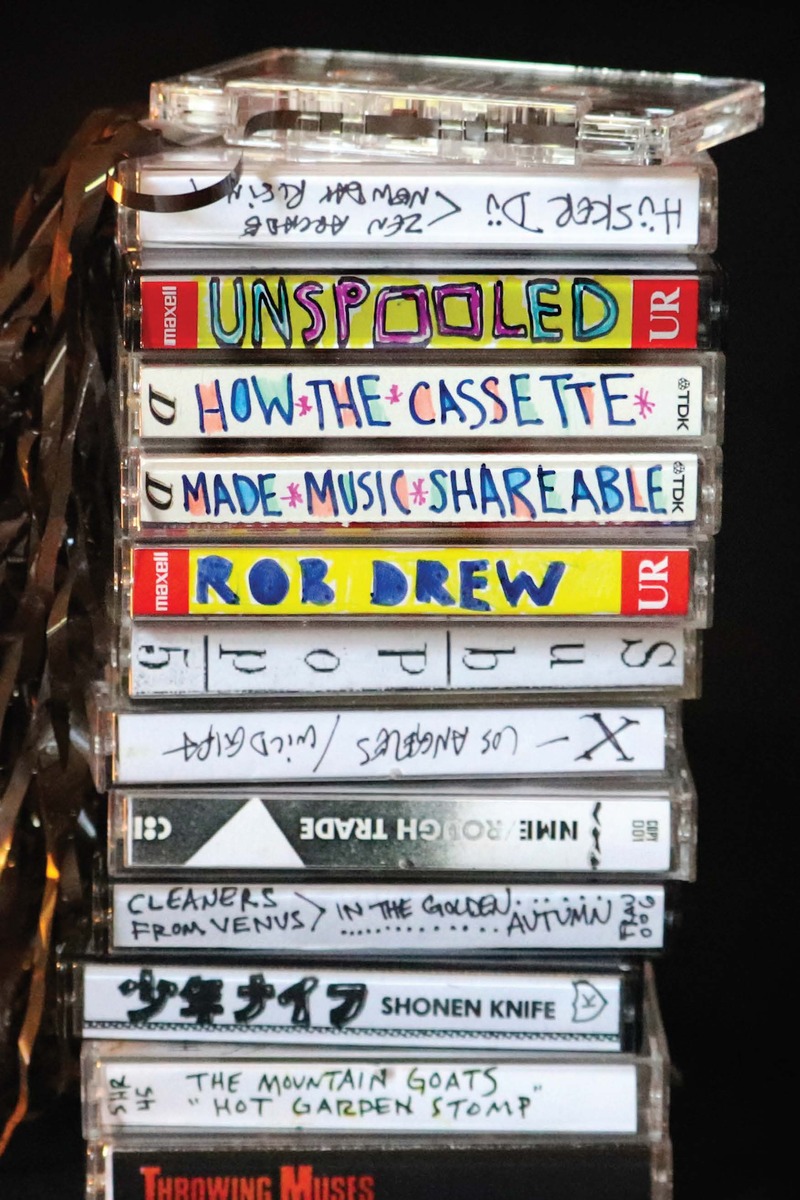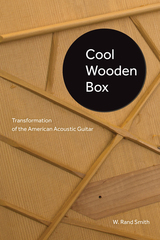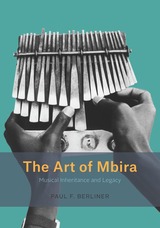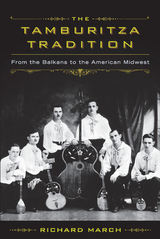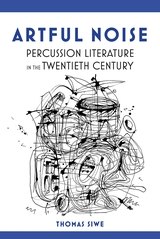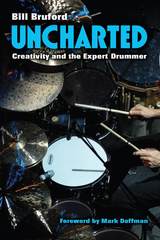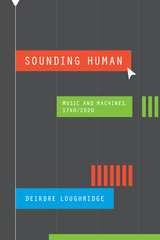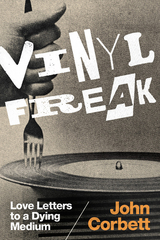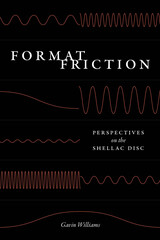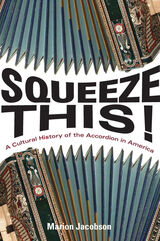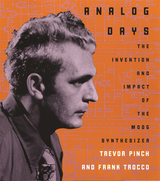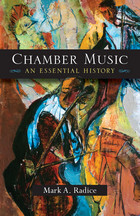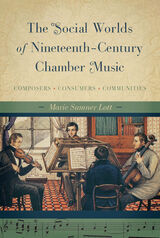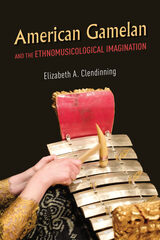Unspooled: How the Cassette Made Music Shareable
Duke University Press, 2024
eISBN: 978-1-4780-2771-3 | Paper: 978-1-4780-2559-7 | Cloth: 978-1-4780-2083-7
Library of Congress Classification ML1055.D74 2024
See other books on: Recording & Reproduction | Recording and reproducing | Rock | Sound | Sound recordings
See other titles from Duke University Press
eISBN: 978-1-4780-2771-3 | Paper: 978-1-4780-2559-7 | Cloth: 978-1-4780-2083-7
Library of Congress Classification ML1055.D74 2024
ABOUT THIS BOOK | AUTHOR BIOGRAPHY | REVIEWS | TOC | REQUEST ACCESSIBLE FILE
ABOUT THIS BOOK
Well into the new millennium, the analog cassette tape continues to claw its way back from obsolescence. New cassette labels emerge from hipster enclaves while the cassette’s likeness pops up on T-shirts, coffee mugs, belt buckles, and cell phone cases. In Unspooled, Rob Drew traces how a lowly, hissy format that began life in office dictation machines and cheap portable players came to be regarded as a token of intimate expression through music and a source of cultural capital. Drawing on sources ranging from obscure music zines to transcripts of Congressional hearings, Drew examines a moment in the early 1980s when music industry representatives argued that the cassette encouraged piracy. At the same time, 1980s indie rock culture used the cassette as a symbol to define itself as an outsider community. Indie’s love affair with the cassette culminated in the mixtape, which advanced indie’s image as a gift economy. By telling the cassette’s long and winding history, Drew demonstrates that sharing cassettes became an acceptable and meaningful mode of communication that initiated rituals of independent music recording, re-recording, and gifting.
See other books on: Recording & Reproduction | Recording and reproducing | Rock | Sound | Sound recordings
See other titles from Duke University Press
